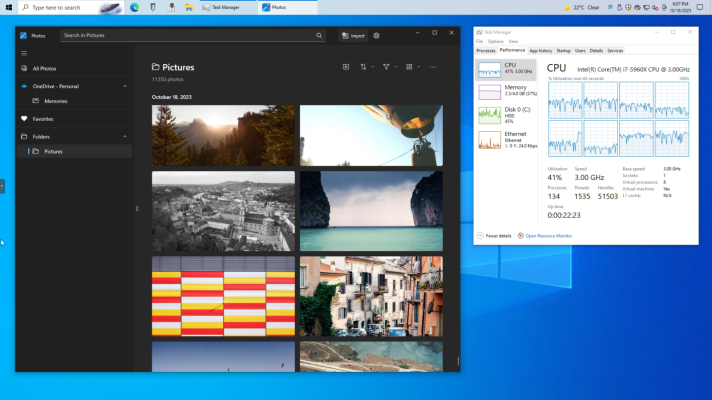Decadent_Spectre
Forerunner
Okay, to elaborate a little on this…
When one can design a cpu to be extremely efficient in terms of power consumption but it won’t be as much performant. So ARM came up with big.LITTLE architecture. Where there would be few performance cores and few efficiency cores to do the tasks. Games will kick in performance cores where as regular tasks such as browsing use efficiency cores only.
Having more cores will always result in high power usage. So one has to decide what is the general use case before investing in high core cpus. Like me when I bought thread ripper with 32 cores.
If you just wanna run nas or plex server pi is a better solution.
My question isn't really related to efficiency or general design, only what is the practical use case for modern CPUs with so many cores for the average user. I understand a bit from the responses here but I also feel that perhaps normal users won't use so many cores, so I agree with jinx's last post but of course this is just my view and I posted here to learn and see if perhaps there is a use case for so many cores for the average user. Either way is fine to me, I am simply curious.







